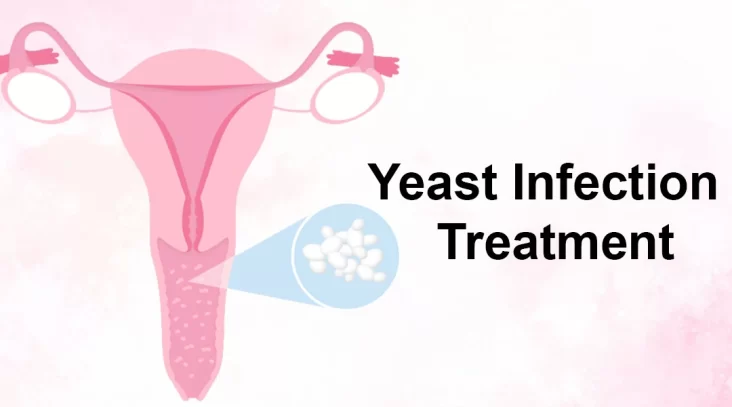Yeast infections, also known as candidiasis, are caused by the overgrowth of a fungus called Candida. While commonly associated with vaginal yeast infections, they can also affect other parts of the body, including the mouth, skin folds, and even the bloodstream in severe cases. Yeast infection treatment typically involves antifungal medications and self-care measures to relieve symptoms and prevent recurrence.
Antifungal Medications:
The cornerstone of yeast infection treatment is antifungal medications. These drugs work by killing the Candida fungus or inhibiting its growth. Over-the-counter (OTC) antifungal creams, suppositories, or tablets are often effective for treating mild to moderate vaginal yeast infections. Common active ingredients include clotrimazole, miconazole, and tioconazole. For more severe or recurrent infections, prescription-strength antifungal medications may be necessary, such as fluconazole, ketoconazole, or itraconazole.
Prescription Medications:
In cases where over-the-counter treatments are ineffective or the infection is severe, prescription-strength antifungal medications may be prescribed by a healthcare provider. These medications are available in various forms, including oral tablets, topical creams, and intravenous (IV) injections. The choice of medication and dosage depends on the severity and location of the infection, as well as any underlying health conditions the patient may have.
Home Remedies:
In addition to antifungal medications, certain home remedies may help relieve symptoms and support the body’s natural ability to fight off the yeast infection. These include:
- Yoghurt: Consuming yoghurt containing live cultures of lactobacillus acidophilus, a type of “friendly” bacteria, may help restore the balance of bacteria and yeast in the body.
- Probiotics: Probiotic supplements containing beneficial bacteria can help maintain a healthy balance of microorganisms in the gut and vagina, potentially reducing the risk of yeast overgrowth.
- Garlic: Some people believe that garlic has antifungal properties and may help fight yeast infections when consumed raw or as a supplement.
- Tea Tree Oil: Diluted tea tree oil may be used topically as a natural antifungal remedy, but it should be used with caution due to its strong concentration and potential for skin irritation.
Lifestyle and Hygiene Practices:
Certain lifestyle and hygiene practices can help prevent yeast infections and support the effectiveness of treatment. These include:
- Avoiding irritants: Avoid using harsh soaps, perfumed products, or douches in the genital area, as these can disrupt the natural balance of bacteria and yeast.
- Wearing breathable clothing: Opt for loose-fitting, cotton underwear and avoid tight-fitting clothing that can trap moisture and promote yeast growth.
- Maintaining good hygiene: Keep the genital area clean and dry, and practice good hygiene habits, such as wiping from front to back after using the bathroom.
Follow-Up Care:
After completing a course of antifungal treatment, it’s essential to follow up with a healthcare provider to ensure that the infection has cleared up completely. Recurrent yeast infections may require further evaluation to identify underlying causes or contributing factors, such as diabetes, hormonal imbalances, or weakened immune function.
In summary, yeast infections are common fungal infections that can be effectively treated with antifungal medications, home remedies, and lifestyle modifications. It’s essential to consult with a healthcare provider for an accurate diagnosis and appropriate treatment plan, especially in cases of recurrent or severe infections.

